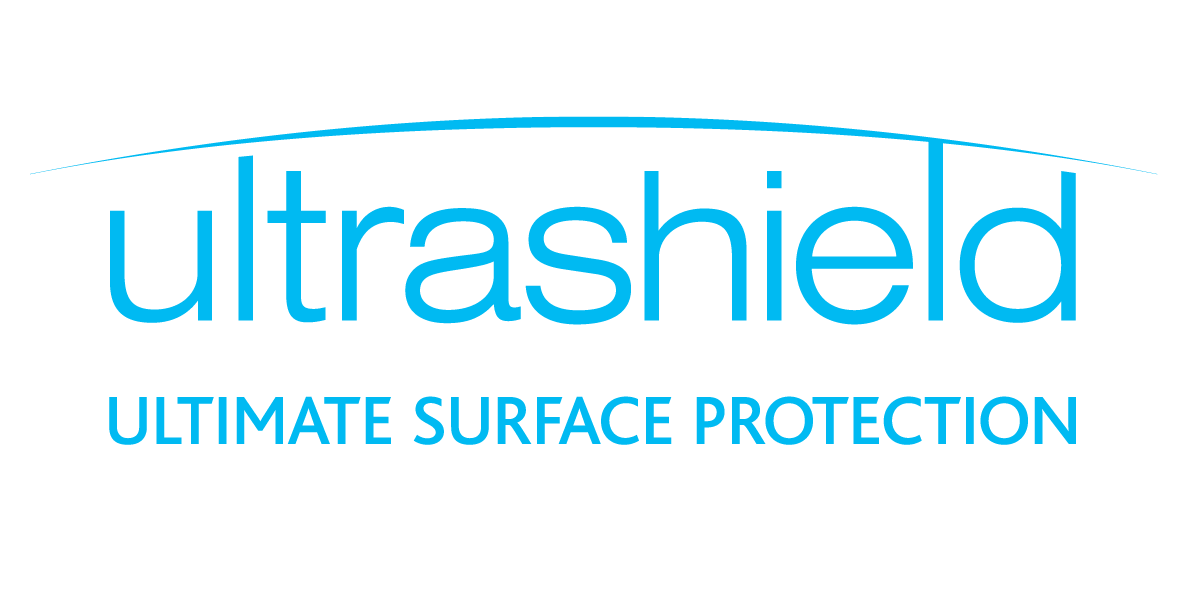Restoring Glass? Know the basics!
Do you…
Have a glass surface that has become ‘opaque’ looking and needs a restoration makeover? Or
You want to prevent your new glass from becoming ‘opaque’ looking? Or
Your’e thinking of installing a new glass shower or balustrade and want to protect it but not sure how much time and effort is involved in keeping it sparkling new??
Well, read on, as we have covered all the basics!
Why does glass become ‘opaque’ looking over time?
Looking at a pane of glass it appears to the eye as ‘smooth and sleek’, but if you were to look through a microscope, you’ll realise that as glass is porous the surface is extremely uneven, in other words imagine a shower glass surface being made up of mountains and valleys! Because of this uneven surface dirt, soap scum, body oils or grease can get stuck into the pores.
Balustrade glass can also be affected from irrigation systems, acid rain, salt water and chlorinated pools turning the glass opaque. There goes that million-dollar view!
But don’t be discouraged, there are efficient ways of both restoring the glass and preventing this from happening again.
What is glass restoration?
It is a process where the glass needs a deep cleanse by using a rejuvenating product and a good non-abrasive application pad to get into the pores of the glass.
You can treat all kinds of glass surfaces:
Windows – removes dirt and water marks from acid rain
Showers – removes soap scum, body fats, water marks
Splashbacks – grease and dirt
Balustrades – acid rain, chorine or salt water marks, dirt
Glass doors – acid rain, dirt, fingerprints
Boat windscreens – salt water marks, dirt
How to make your glass look like new again
A DIY Kit for glass restoration can be done easily if you have the right tools and your glass is light to moderately damaged. We recommend using the Eurocoat Glass Rejuvenator with a white scourer for light duty restoration, or a blue scourer for heavy duty restoration.
This can be done by hand, however you will get better results for hard water staining by using an orbital sander. We do recommend testing on a small patch of glass first.
Step 1: Apply Eurocoat Glass Rejuvenator to the damp scourer and apply thoroughly in a swirling motion with a moderate pressure for 2-3 minutes on the same spot.
Step 2: Clean the glass with soapy water and squeegee off.
Step 3: Repeat above steps if necessary until all spots and stains are gone.
This process can be used on different glass surfaces such as showers, external windows, balustrade glass, car windscreens, splash backs and glass boat windscreens. Please note that this process may remove 50% of etching, depending of glass thickness age and level of damage to the glass. If your glass is heavily damaged by etching, give us a call for your free quote.
Make the result last longer
A good cleaning routine will make the result last longer. If it’s your shower that has been rejuvenated, it can be a good idea to rinse with water and squeegee off the shower walls after each shower and do a weekly wipe down with detergent on a microfiber cloth to prevent build up. Splashbacks to be wiped off after frying and pool balustrades hosed off after swimming. Eventually hard water marks and etching is going to appear but it can be prevented if treated with Eurocoat Glass Premium, as below.
Never do it again
While many surfaces can get back looking as new again, it takes some effort and time to do so. Why not treat them before the damage is done?
If your glass is brand new or has been restored, we recommend you treat the glass straight away with Eurocoat Glass Premium. This German engineered nanotechnology treatment places an invisible, optically clear treatment over the glass surface, preventing dirt and other contaminants entering into the pores of the glass. It also preventing etching in the first place.
The treatment will last for many years and reduce your maintenance cleaning time with up to 90% as the surface is smoothened out and particles can’t adhere to it. It can be used on all types of glass including showers, balustrades, splashbacks, window treatment, car and boat windscreens. Ask us for more information and get your quote today.


